The relationship between social media and mental health, explained
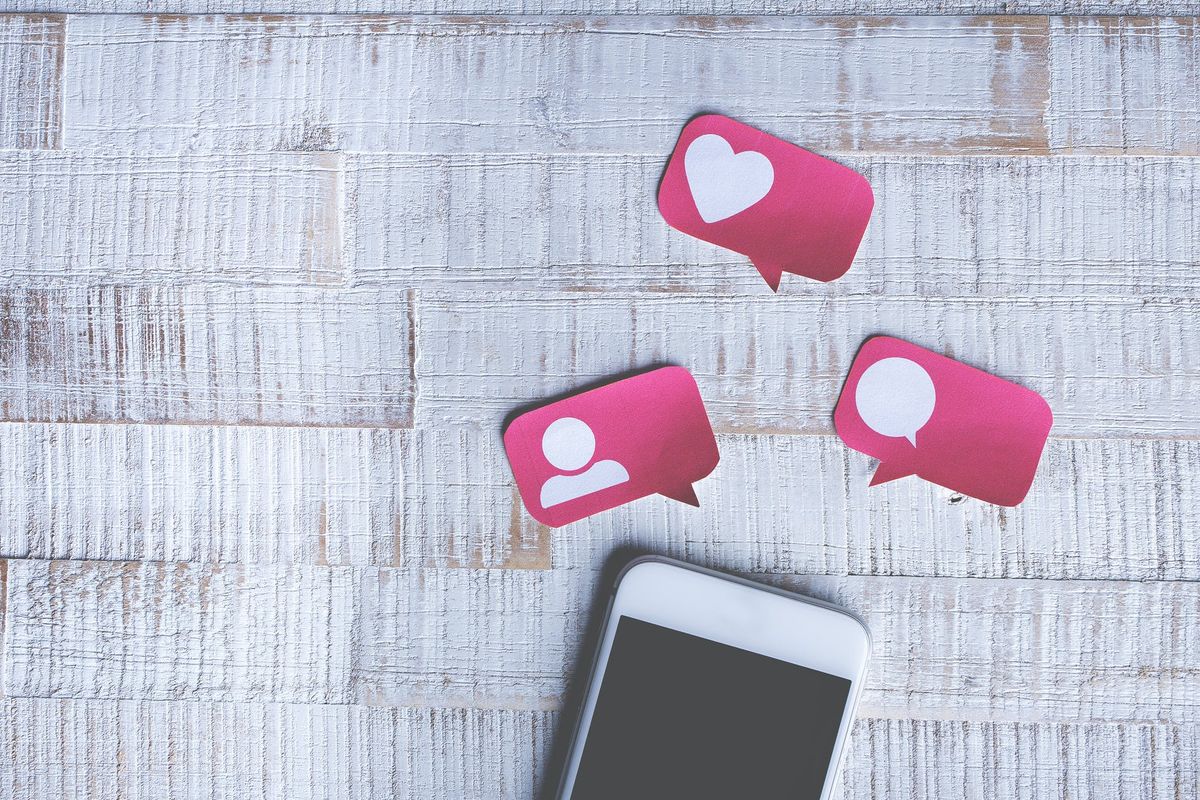
A few minutes every morning is all you need.
Stay up to date on the world's Headlines and Human Stories. It's fun, it's factual, it's fluff-free.
Over the past 20 or so years, there have been many technological advancements that have impacted daily life for most people. The popularization of the cellphone and subsequent smartphone usage has mechanized constant connection between people via the mobile internet.
Even a decade ago, smartphones were relatively uncommon, with only about 35% of American adults owning one. Nowadays, 85% of adults in the United States surveyed by the Pew Research Center report owning a smartphone. Along the same line, about 77% of American adults own a personal laptop or desktop computer, which also allow for interconnectedness via the internet.
So what does this constant connection mean for society? More specifically, how does the interconnectedness that social media provides affect our mental health?
The spread of social media
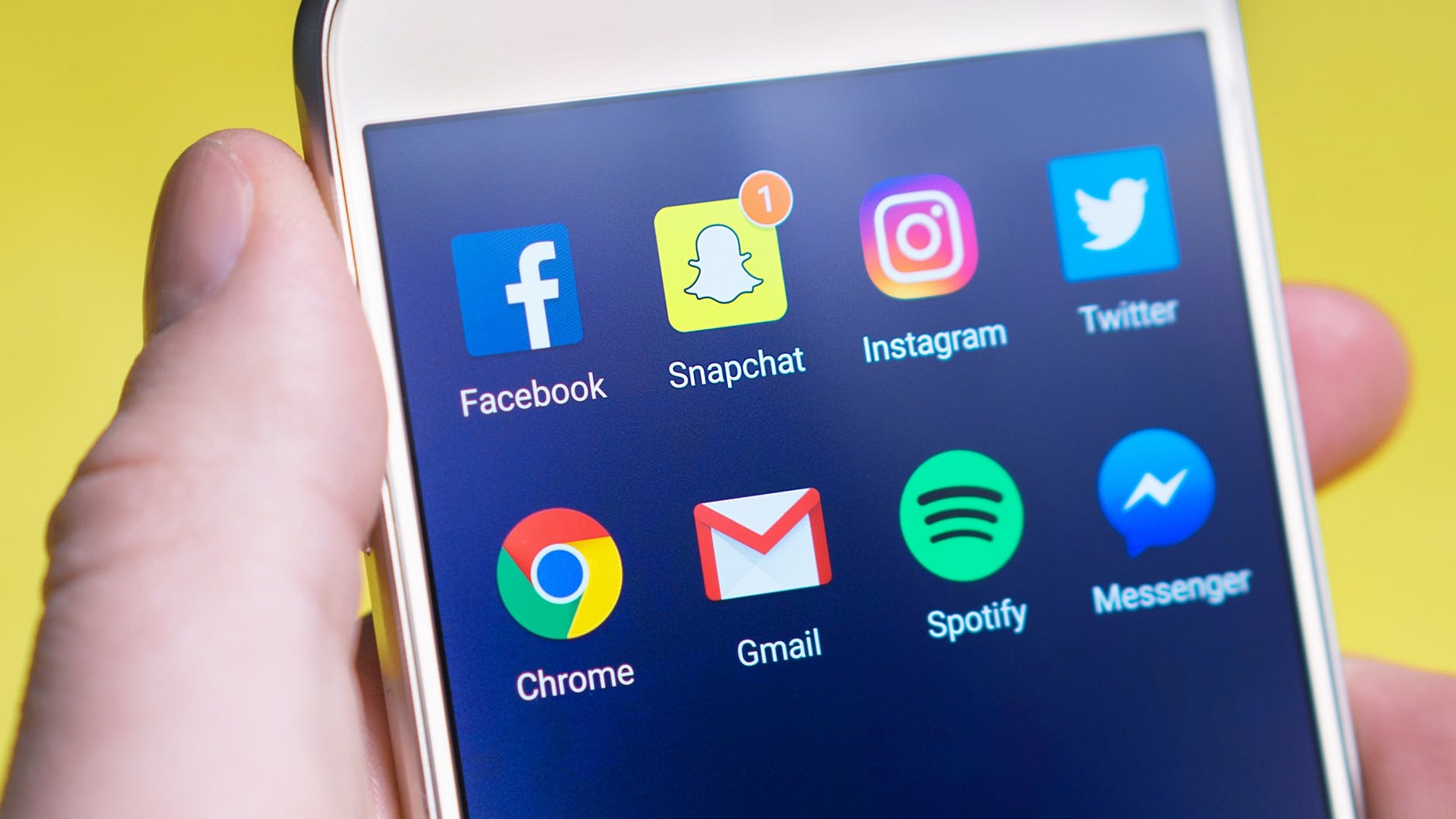
With the rise in internet availability and ease of access has come the social media boom. As of 2021, Facebook boasts a user base of almost three billion people. That’s more people than on the entire continent of North America. More specifically, that’s more than four times the population of North America.
Social media can be a tool to promote interconnectedness and to keep people everywhere updated – in real-time – on global events. Moreover, it has proved to be invaluable in social movements. For example, during the social upheaval in response to the murder of George Floyd, social media became a vital tool for activism and movements like Black Lives Matter. Similarly, social media played a massive part in the #MeToo movement that blew up after the widespread sexual-abuse allegations of Harvey Weinstein.
It’s clear that through platforms like Facebook, Twitter and Instagram, “social media radically simplified organizing and coordinating large groups,” explained Princeton University professor Omar Wasow to The New York Times. In addition, social media has also proved to be a tool for changing its users’ political or social opinions based on who they follow and what content they are seeing.
The real-life effects of the virtual world are visible in many ways. For instance, during the height of the initial spread of COVID-19, there were campaigns of misinformation related to the virus rampant on social media, “with about 50% of Americans having encountered fabricated information about COVID-19 online,” according to a study conducted by the Pew Research Center in 2020.
Misinformation continues to be an adversary in the battle against COVID-19, and that spread through social media is a major contributor to the anti-vaccination movement. While misinformation on the COVID-19 pandemic is just one recent example of the potential harm that can be mechanized on social networks, “such widespread of misinformation on social media has had great impact on various aspects of our society, including public elections, financial markets, environment protection, violent uprising, and so on.”
So, although social media has proved in some ways to be a useful social tool, its use has also been revealed in other ways to have potentially harmful social implications.
Another significant social issue has been affected by the spread of social media: the public mental health crisis, specifically among younger generations. In the past decade or so, researchers have noted a rise in depression among young people, with levels of social media and time spent online also increasing simultaneously.
TMS spoke exclusively with clinical psychologist and expert in social media stress and anxiety, Dr. Carla Manly, to get her insight on this correlation and what can be done about it.
The psychology behind social media and mental health
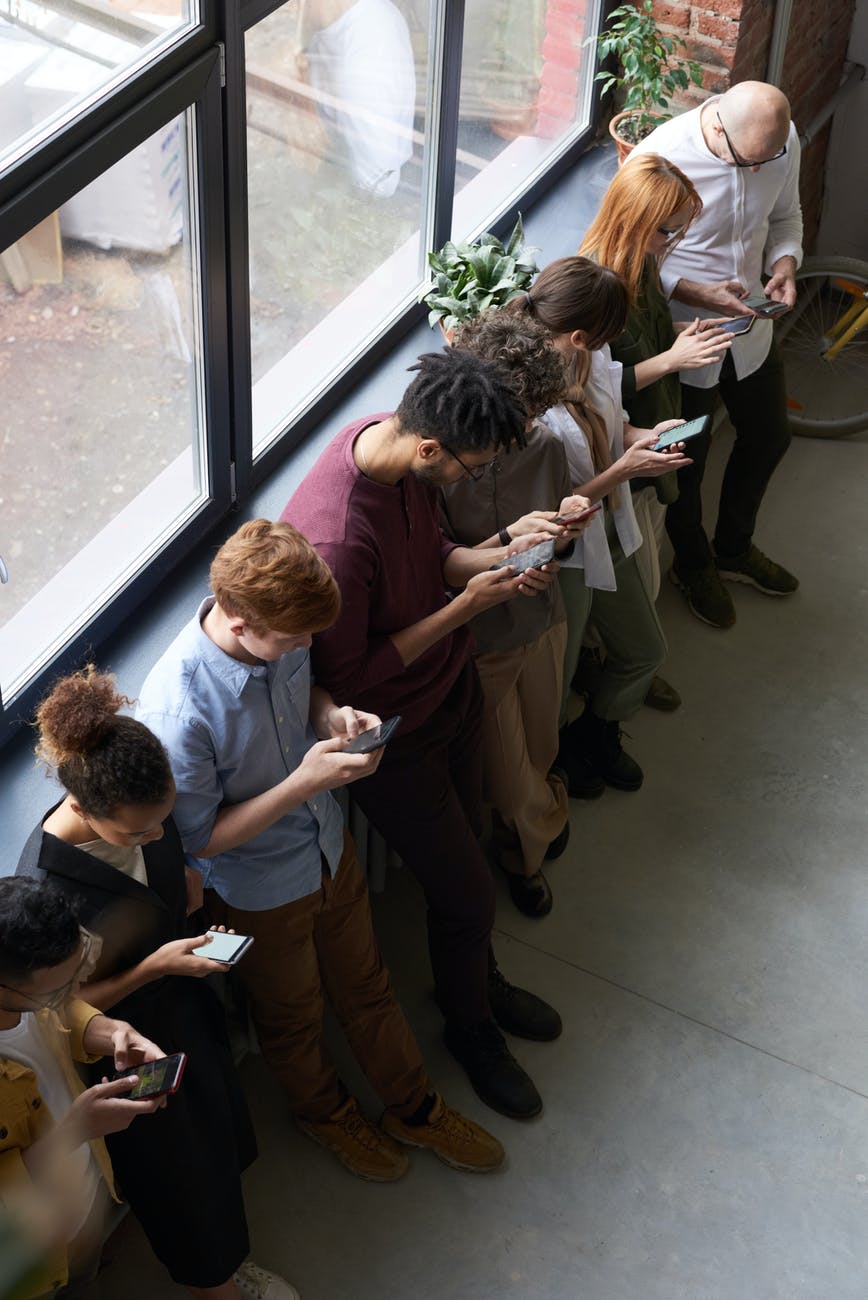
Manly is forthcoming on how the psyche thrives and can be damaged by increased social media usage. “In short, the mental health crisis that has arisen from overuse and misuse of social media has been surprising to some, yet many in the psychology community have long been aware of the often-devastating mental health repercussions,” Manly explains.
“On a neurobiological level, the brain becomes hardwired by social media use to seek certain content even when it’s emotionally and mentally harmful. Given the addictive patterns of social media use—which are perpetuated by the platforms’ targeted algorithms—many adolescents and young adults have been drawn into downward spirals of anxiety, stress, and depression. In particular, young females find that they suffer from increased depression and lower self-worth as a result of social media use.”
In the relatively short amount of time, social media has been around, its potential for behavioral addiction has already been established. According to addiction professionals at the Addiction Center, social media dependence can look “much like any other substance use disorder and may include mood modification (i.e., engagement in social media leads to a favorable change in emotional states), salience (i.e., behavioral, cognitive, and emotional preoccupation with social media), tolerance (i.e., ever-increasing use of social media over time), withdrawal symptoms (i.e., experiencing unpleasant physical and emotional symptoms when social media use is restricted or stopped), conflict (i.e., interpersonal problems ensue because of social media usage), and relapse (i.e., addicted individuals quickly revert back to their excessive social media usage after an abstinence period).”
Addiction experts assert that it has become a fairly rampant issue, as “psychologists estimate that as many as 5 to 10% of Americans meet the criteria for social media addiction today.”
Manly points out that these parasitic relationships which social networks can have with their user bases “can be largely attributed to the dopamine-inducing social environments that social networking sites provide.”
The online experiences made possible by these social networks can become addictive similarly to behaviors like gambling. Fundamentally speaking, “the constant stream of retweets, likes, and shares from these sites cause the brain’s reward area to trigger the same kind of chemical reaction seen with drugs like cocaine.” So, for some, even if social media has evident adverse effects on a user’s life, it can be challenging to stop using it.
Mental health concerns of social media use
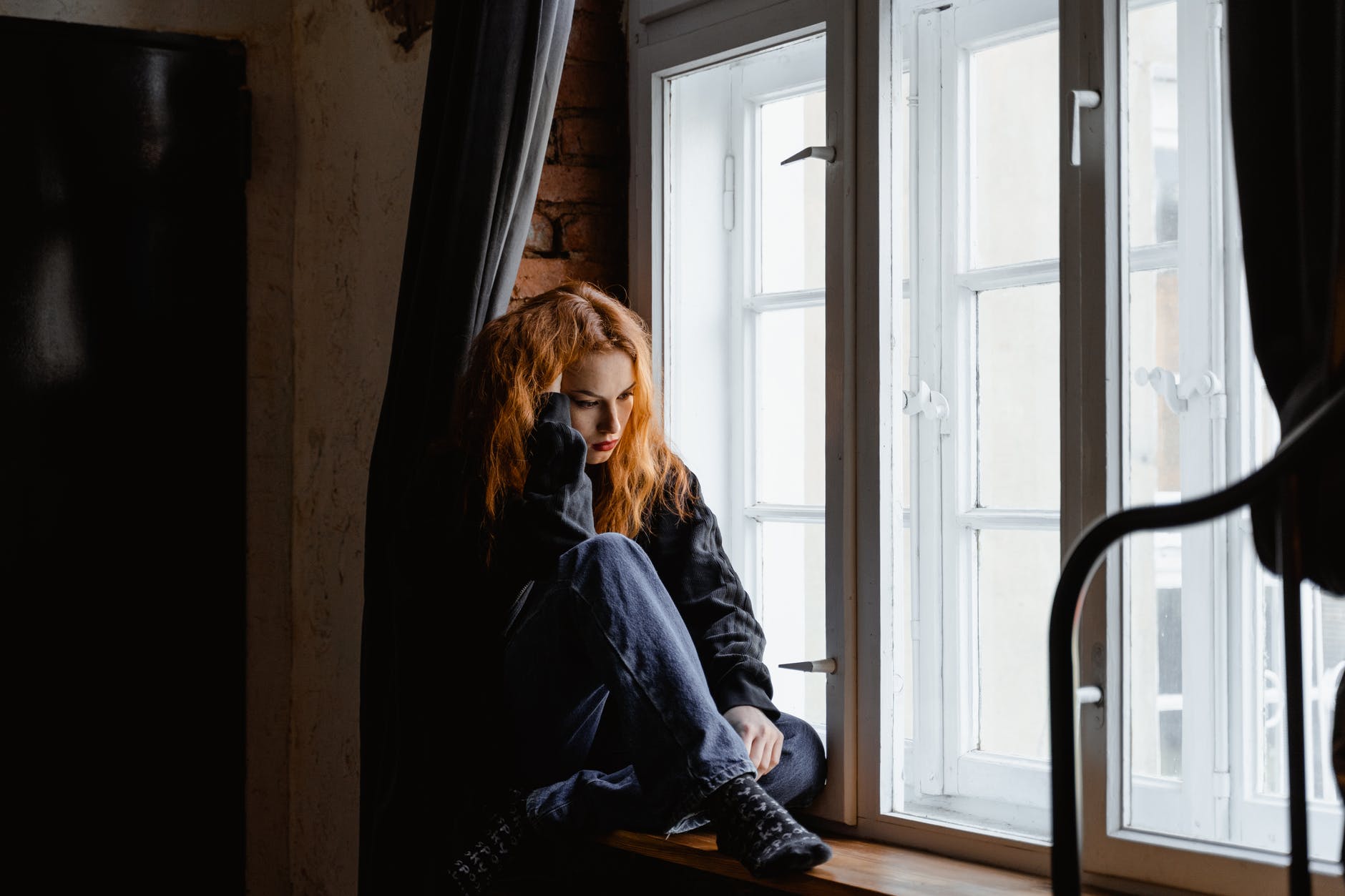
The mental health concerns associated with the overuse or misuse of social media are far-reaching. Displaced Behavior Theory may demonstrate the connection between social media and mental health, as “people who spend more time in sedentary behaviors such as social media use have less time for face-to-face social interaction, both of which have been proven to be protective against mental disorders.”
Moreover, “prolonged use of social media platforms such as Facebook may be related to negative signs and symptoms of depression, anxiety, and stress. Furthermore, social media can create a lot of pressure to create the stereotype that others want to see and also being as popular as others.”
To fit body images idealized within a culture, young women, in particular, are more likely to experience negative body image. Those predisposed to body dysmorphia can be triggered by what they see on social media. According to Mental Health America, for those prone to body dysmorphic disorder, “if ‘ideals’ of appearance are presented to them through social media, this can trigger their development of the illness.”
However, because our social media feeds are curated according to who we follow, our engagement and online activity, not everyone experiences the same mal-effects. The effects of social media usage, whether negative or positive, on an individual’s mental health can vary widely depending on a number of factors.
That being said, an article by HelpGuide points out that “multiple studies have found a strong link between heavy social media and an increased risk for depression, anxiety, loneliness, self-harm, and even suicidal thoughts.”
Some listed contributors to these issues include feelings of “inadequacy about your life or experience,” fear of missing out, isolation, cyberbullying, and self-absorption. HelpGuide’s article also asserts that “the more you prioritize social media interaction over in-person relationships, the more you’re at risk for developing or exacerbating mood disorders.”
How to exercise self-care when using social media
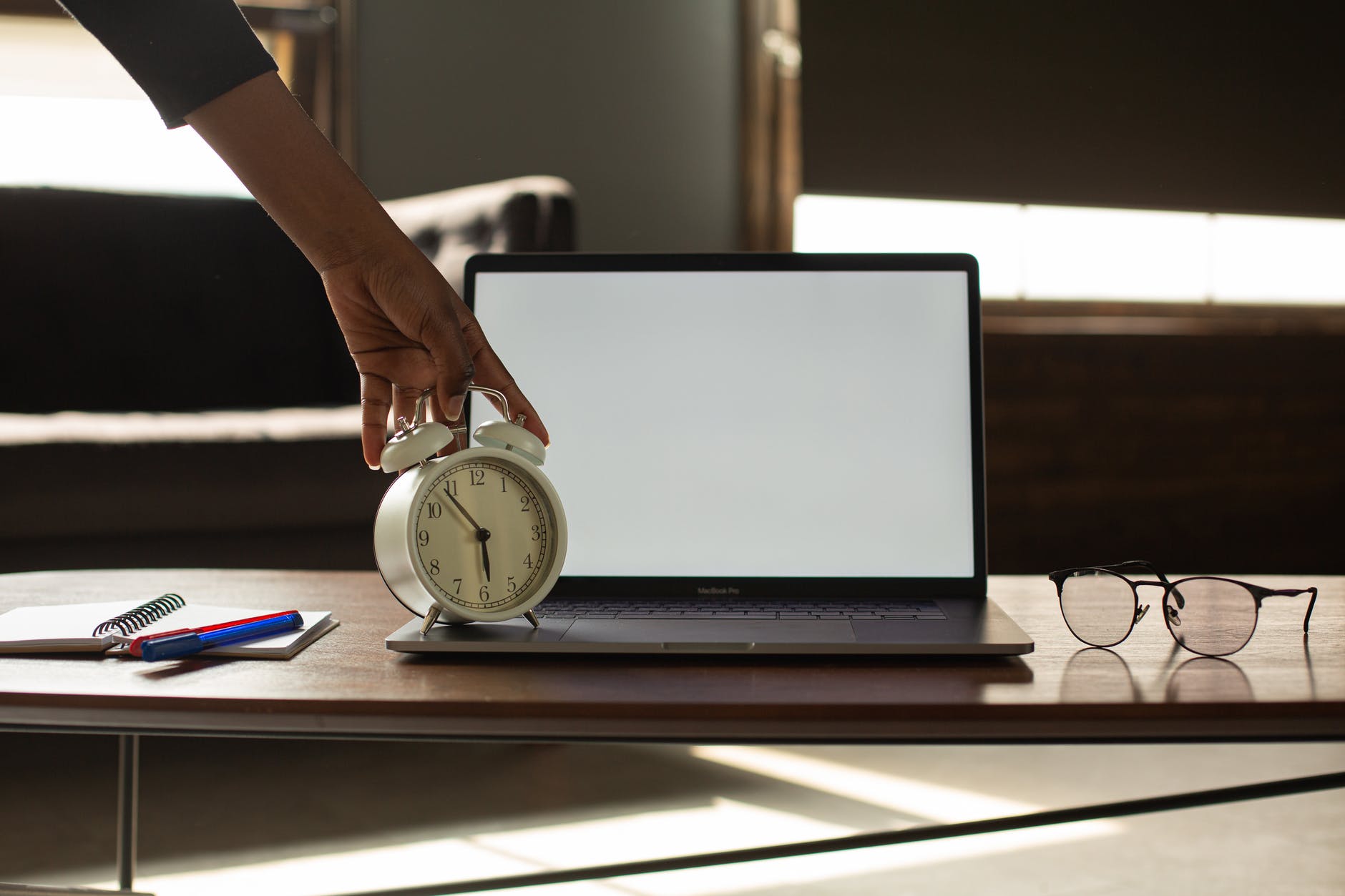
While it’s possible to quit or avoid social media altogether, not everyone feels that step is necessary or wants to consider it an option. As we’ve seen, social media networks do have benefits, like keeping users up-to-date on sociopolitical affairs, sharing information, enabling activism efforts, connecting people who otherwise wouldn’t be able to keep in touch and allowing for engagement with art and creative media – just to name a few things.
Some social networks – like LinkedIn – are helpful for people in the workforce. Plus, social media can just be fun. On social media, users can wind down, share memes and joke with friends and strangers alike. So it’s no wonder that, even when considering evidence of social media’s downsides, we’re often still reluctant to delete our accounts.
Limiting our time on social media is one way to prevent the negative effects of its overuse. With apps like Twitter, Instagram and Facebook, you can easily limit your usage by turning off push notifications, setting a daily screen-time limit, keeping your phone in a different room or out of reach while working or relaxing and not using your phone before bed.
Additionally, some networks have their own ways of making usage more of a positive experience. For example, earlier this year, Instagram allowed its users to hide the number of likes their posts received. According to Instagram, this move came as a response to “depressurize people’s experience” while using the platform.
However, despite public efforts by social media giants to address these concerns, many people remain skeptical.
“Instagram’s unfortunate practices have received a great deal of attention following the release of Instagram’s ‘private’ research on the effects of social media use on teen health,” explains Manly. “As a result of the information that has come to light, many people are understandably leery of both Facebook (which owns Instagram) and Instagram.
“As a clinical psychologist, I certainly advise being extremely cautious regarding social media use in general; the algorithms used by social media platforms often work against the mental health of social media users. Given the highly addictive quality of social media, I carefully detailed my concerns about excessive social media in my award-winning mental health book, ‘Joy from Fear.’”
Manly also has experience with clients who have changed their behavior and attitudes toward social media with positive results. “In my clinical practice—where I work with both individuals and groups—,” she says, “I have certainly found that those who reduce their social media use have lower stress and anxiety related to social media. As well, those who completely quit social media use (at least in the areas that triggered stress and negativity), have found that they feel better about themselves, feel more positive overall, and tend to have a less pessimistic outcome.”
Dr. Manly suggests the following tips for healthy social media use:
- “To create better balance and reduce addictive tendencies, avoid going on social media the first thing in the morning or the last thing at night.
- Set clear limits for yourself as to start times and ending times—e.g., ‘I’ll use social media only after 9:30 a.m. and before 7:30 p.m.’
- Limit your sessions on social media, such as 15 minutes or 45 minutes per session. Set your timer to be sure you follow through. Social media is a ‘time sucker’ and can eat up hours if you’re not aware.
- Notice if you’re feeling anxious or unsettled when you use social media. If unpleasant feelings arise, take them as a sign that it’s time to stop. Why do something that doesn’t feel good? When you get used to listening to your inner voice, you’ll tend to do less of what doesn’t feel good!”
Since its creation, social media has evolved so quickly that it’s been difficult to gauge its mal-effects, but mental health and technology experts are becoming savvier at advising how safely to enjoy using tools like social media. Responsible use seems to prioritize a healthy balance – checking and posting every once in a while to stay engaged while clearly distinguishing virtual life from real life.
Have a tip or story? Get in touch with our reporters at tips@themilsource.com



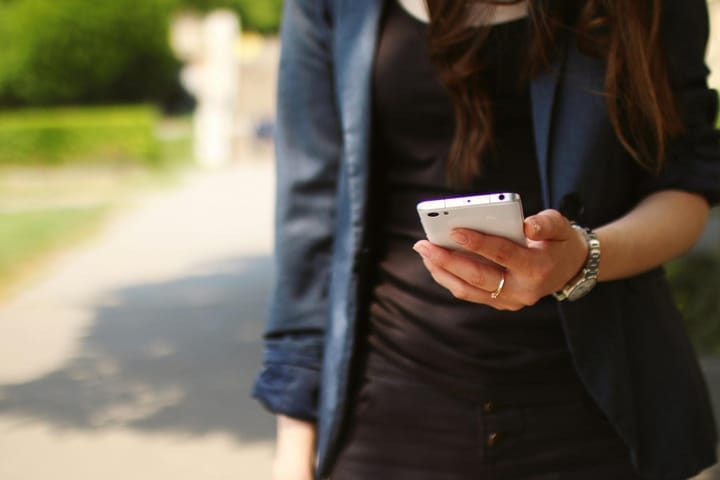
Comments ()